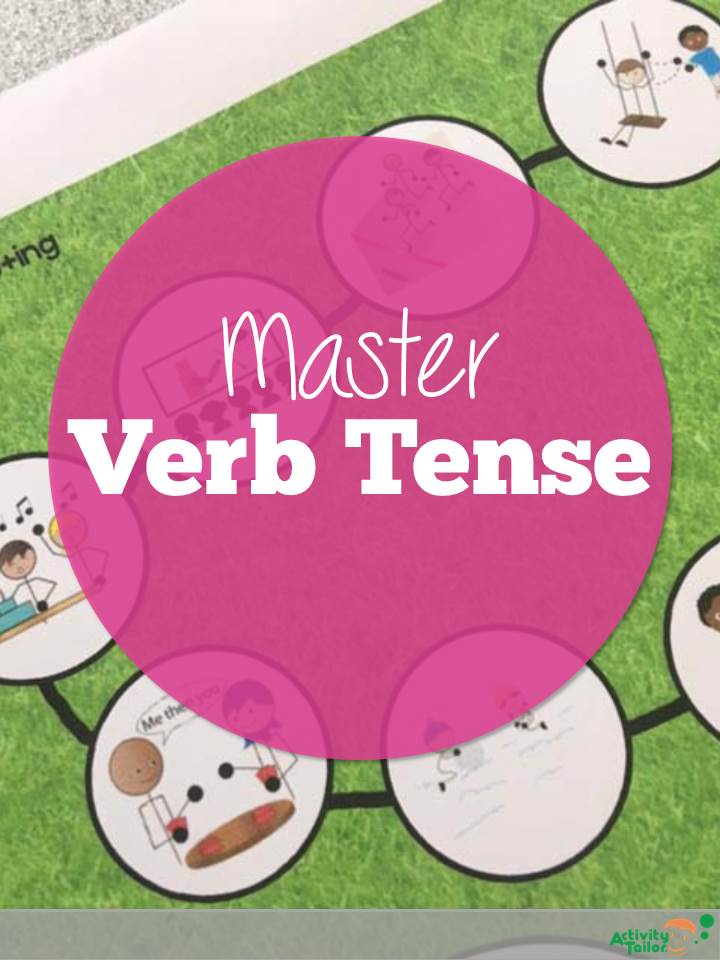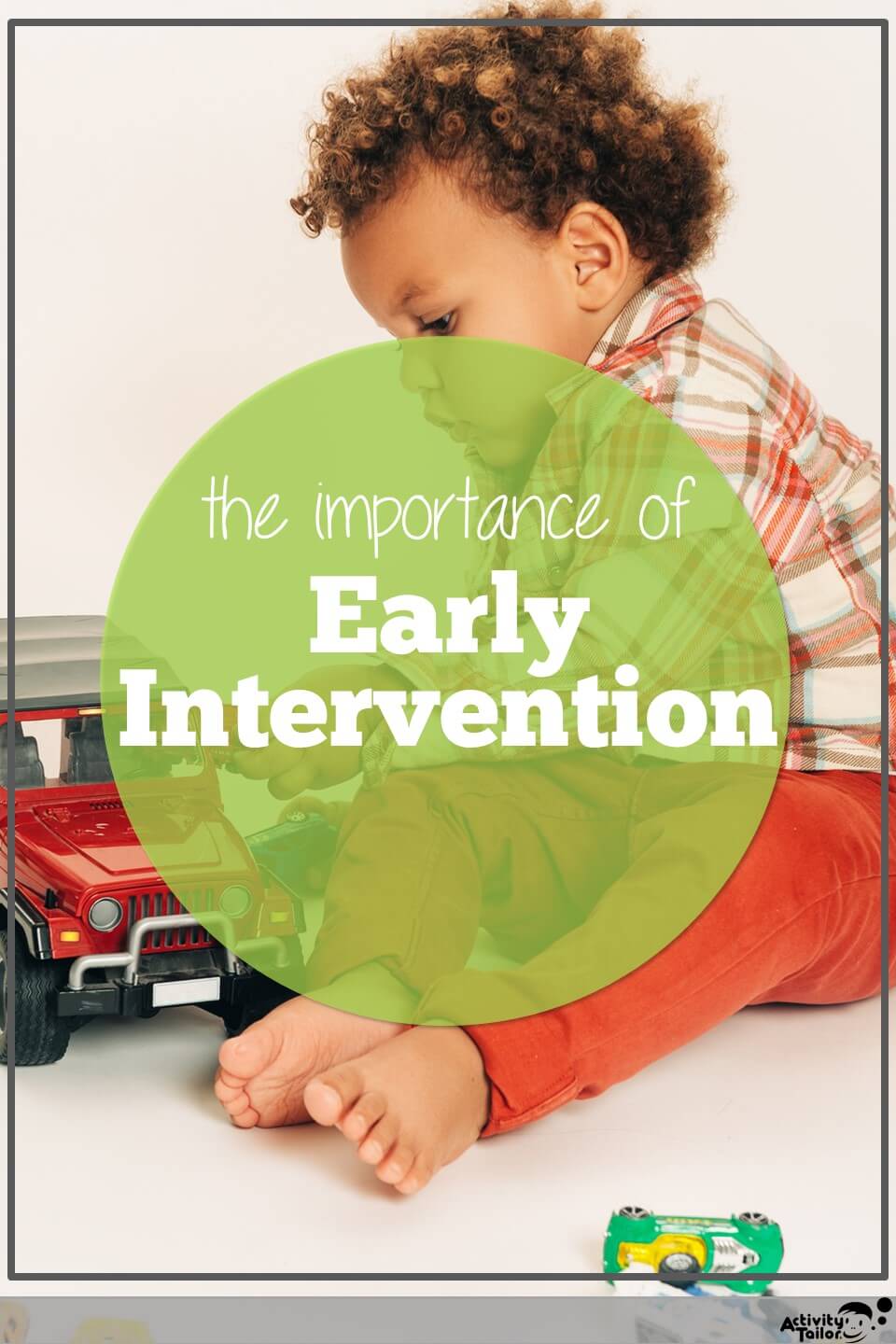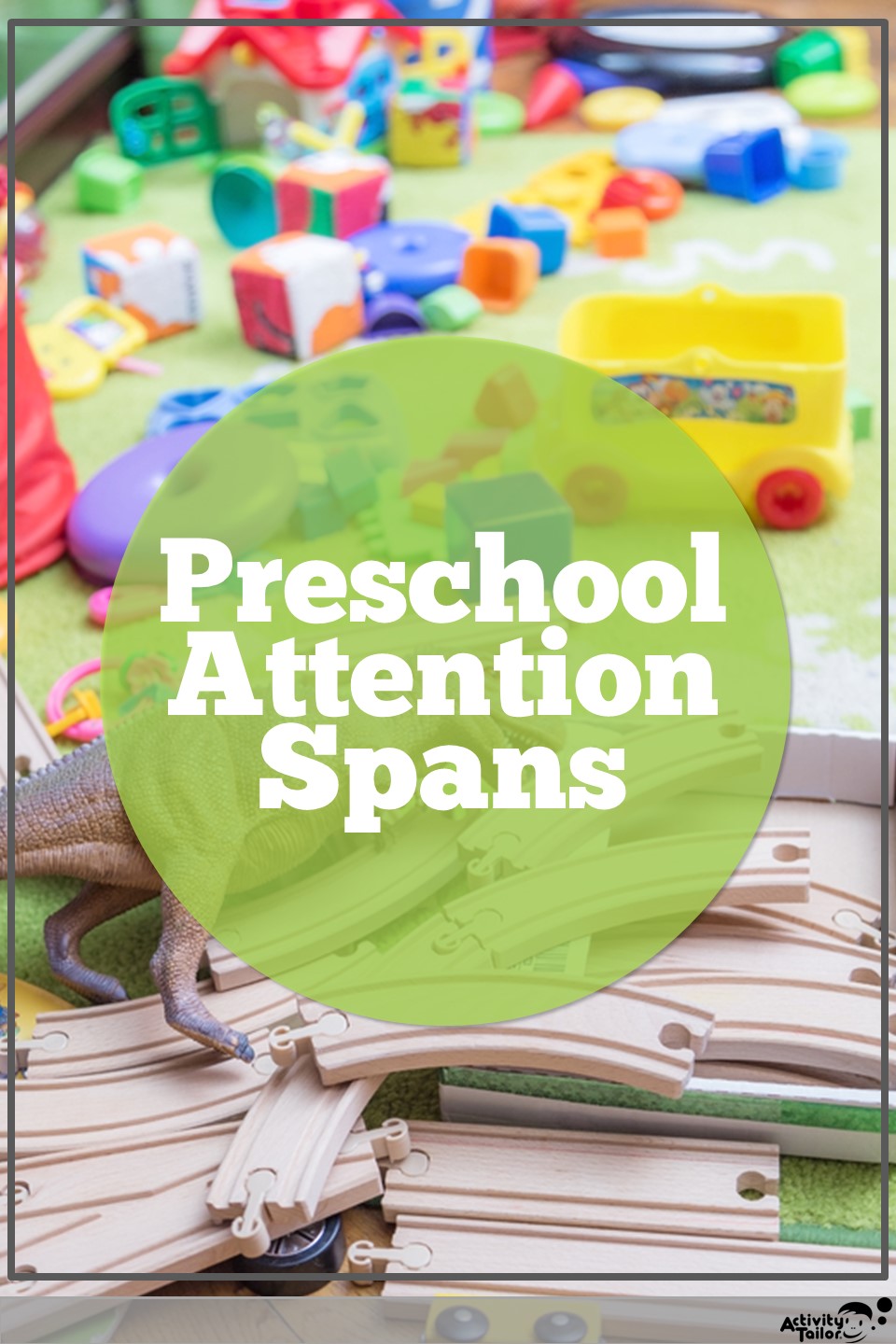“He running!”
I spend a great deal of time working on word structure, especially pronouns and verb tenses in our speech and language sessions. These early language milestones can be tough ones for our language delayed kiddos, requiring slow, incremental changes in difficulty and lots of repetition.
Regular Verb Tenses:
If you remember from your high school foreign language class, it’s most often the conjugations that trip up new language speakers, rather than the vocabulary. Though, luckily for us and our language delayed kiddos, English conjugations are generally considered much easier than other languages–at least regular verb tenses are!
When I’m addressing goals like present progressive verb forms (ex. “She is running.”), I start with hands-on activities. I usually do start with “I.”
I am walking. I am jumping. I am marching. I am waving. I am sitting. I am clapping.
There are so many action words that we can practice, each of which follows the same -ing format. Because there is a “rule,” my little ones can usually pick this up fairly quickly! Once that’s mastered, it’s on to having a mini-figure demonstrate all that they can do.
Hulk is leaping. Hulk is sleeping. Hulk is eating. Hulk is climbing. Hulk is sitting. Hulk is kicking.
Once proficiency is achieved, you guessed it, we’re moving to picture prompts!
You can use my free pronoun/verb game sheets, but with a focus on verb usage. (It’s in my Free Resource section. Keep reading for access.)
My little ones love when I add their photo to a game board (to target “I am”) or a picture with a classmate or two (to practice “we are”)! Full instructions on how to do this are included.
When I need to work on past or future tenses, I start by saying, “These are all the things he did yesterday/over the weekend.
He was (verb+ing).” Or we might say “He (verb+ed).” Or “After school, he will (verb).”
Again, I wait until they have this form mastered at 90% or higher before I move on to “they” or “we.”
Irregular Past Tenses:
Some of my older kiddos don’t have issues with the regular past tense, it’s using the irregular past tense that trips them up. Unfortunately since there are no hard and fast rules (‘cause they’re irregular), this requires lots of exposure and drill to get those scores above 80-90%.
Again, I’d suggest starting by acting out some of these actions or having your trusty action figure help. In my room, we’d say, “I am sweeping” while we pretend to sweep, then suddenly and stop and say, “I swept the room.”
Other easy to practice ones are: throw/threw, cut/cut, build/built, hold/held, read/read, sit/sat.
My free game mats separate the regular and irregular verb tenses to make them much more versatile. (It also means you have lots and lots of boards for pronoun practice! If you missed that post, click here.)
The FREE game boards are located under the Free Resources tab at the top of the page (or click here). Subscribers, you received an email, “Your Set of (Virtual) Keys to the Therapy Closet” with the password a few weeks ago.
Not a subscriber yet? What are you waiting for?! Scroll to the top and enter your name and email. (I’ll never share. Ever.)
Do you work on verb tenses in speech frequently? What aspect of this do your students struggle with the most?






